


Love it or loath it, technology, in particular social media, is here to stay. But can it be of benefit to nurses?
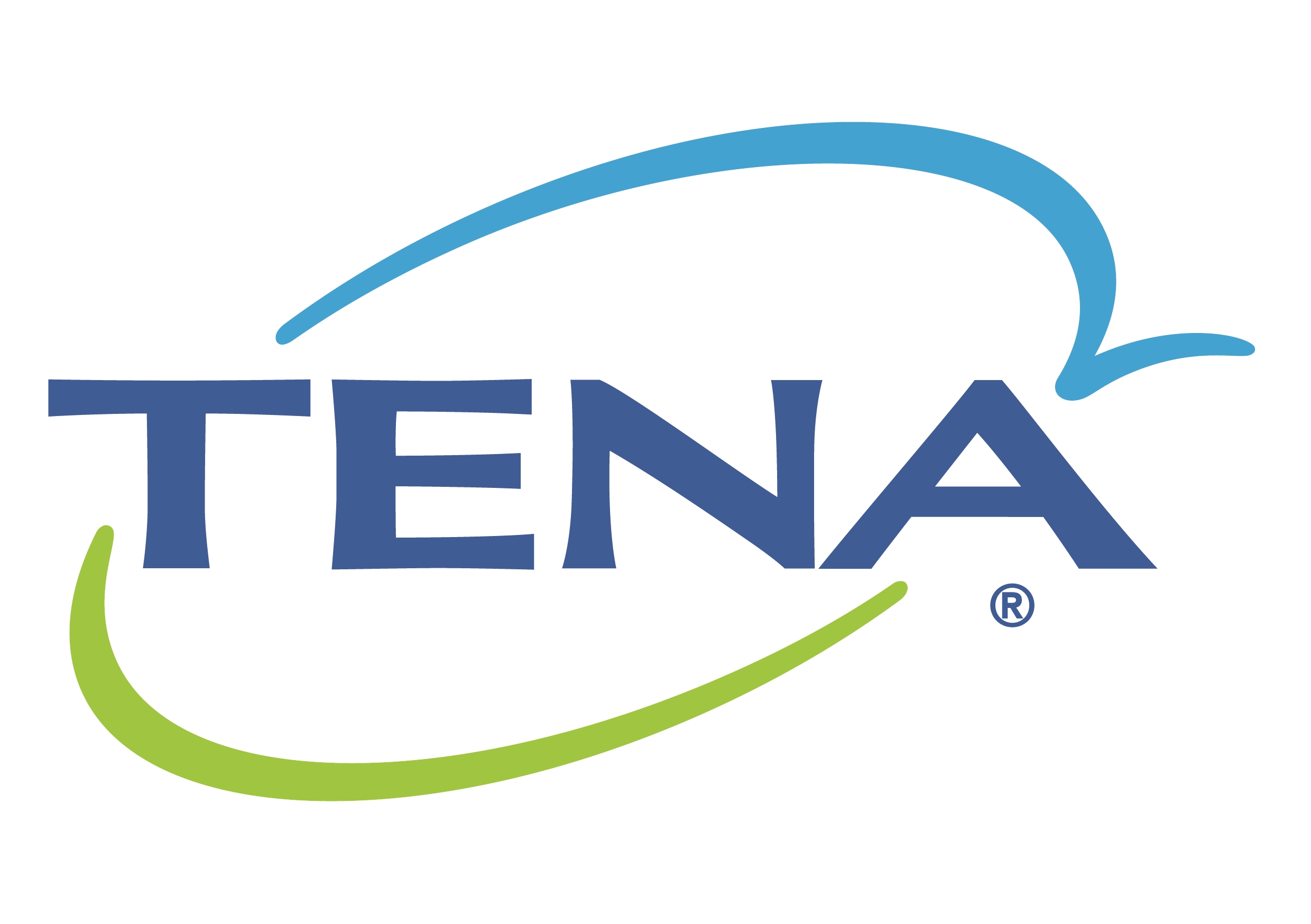
SCA is excited to announce product upgrades to two of its most popular ranges, TENA Slip and TENA Comfort.
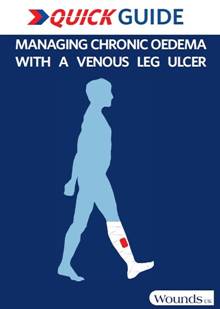
BSN has launched a new ‘Quick Guide’, Managing Chronic Oedema with a Venous Leg Ulcer. It contains practical help and advice, and is available free of charge.
Children’s allergies such as cow’s milk allergy (CMA) are on the increase. Maureen Jenkins, Director of Clinical Services at national charity, Allergy UK explains what symptoms to look out for in common allergic conditions, thereby epediting diagnosis and management.
Faecal Incontinence can effect between 1% and 10% of adults, depending on the frequency and definition faecal incontinence used. It is likely that 0.5–1.0% of adults experience regular faecal incontinence that affects their quality of life. This article gives an overview of the problem and highlights some actions that nurses can take to manage this.
Skin tears are described as traumatic wounds that result from a separation in the two principle layers of the skin, the dermis and epidermis. While the STAR (Skin Tear Audit Research) tool classification of skin tears is helpful, it was recognised that wide variations in practice occur; in an attempt to address this, the International Skin Tear Advisory Panel (ISTAP) was established. Here, Annie Clothier reviews the skin tear guidance the group produced.
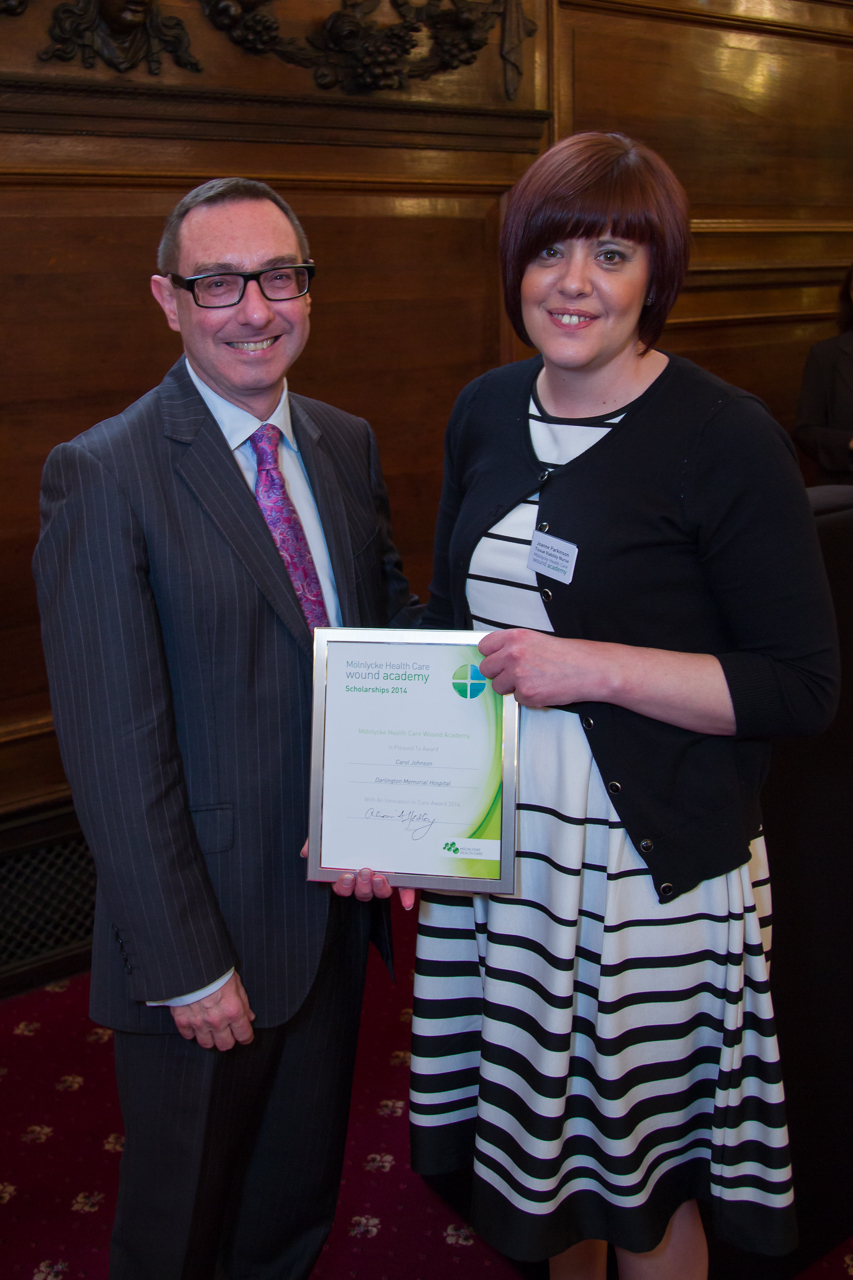
This article, an entry in the Mölnlycke Health Care Scholarship and Awards, outlines a study proposal which will explore the use of a wound dressing as a prophylaxis against pressure ulcer development in patients undergoing spinal anaesthesia for an orthopaedic procedure.

One hundred years ago this month (August), the world was plunged into one of the most disastrous wound scenarios; millions of them. Wounds to bodies were devastating, but the wounds to minds, determinedly unacknowledged, almost worse. Sue Smith reflects on this dreadful time.

The principles of the NHS, based on the Beveridge Report, were to provide a comprehensive service funded by taxation, available to all and free at the time of need. Given the demands placed on the NHS today, Frank Booth ponders on the issues, and offers a personal view on how costs could be ameliorated.

He's back! Some of you may remember Brian Booth as a colomnist for Nursing Times, some of you may remember him as an excellent nurse, or a ward manager. Some of you may not know him at all. But you soon will!
As ever, Brian brings a unique slant to issues affecting nurses and by extension, patients.

Healthcare professionals may view corporate governance as a rather uninteresting subject! However, it is in fact a very straight forward concept, one that everyone involved in healthcare should be able to understand. In this article, Colin Boakes gives us an overview of corporate governance and outlines why it is important.
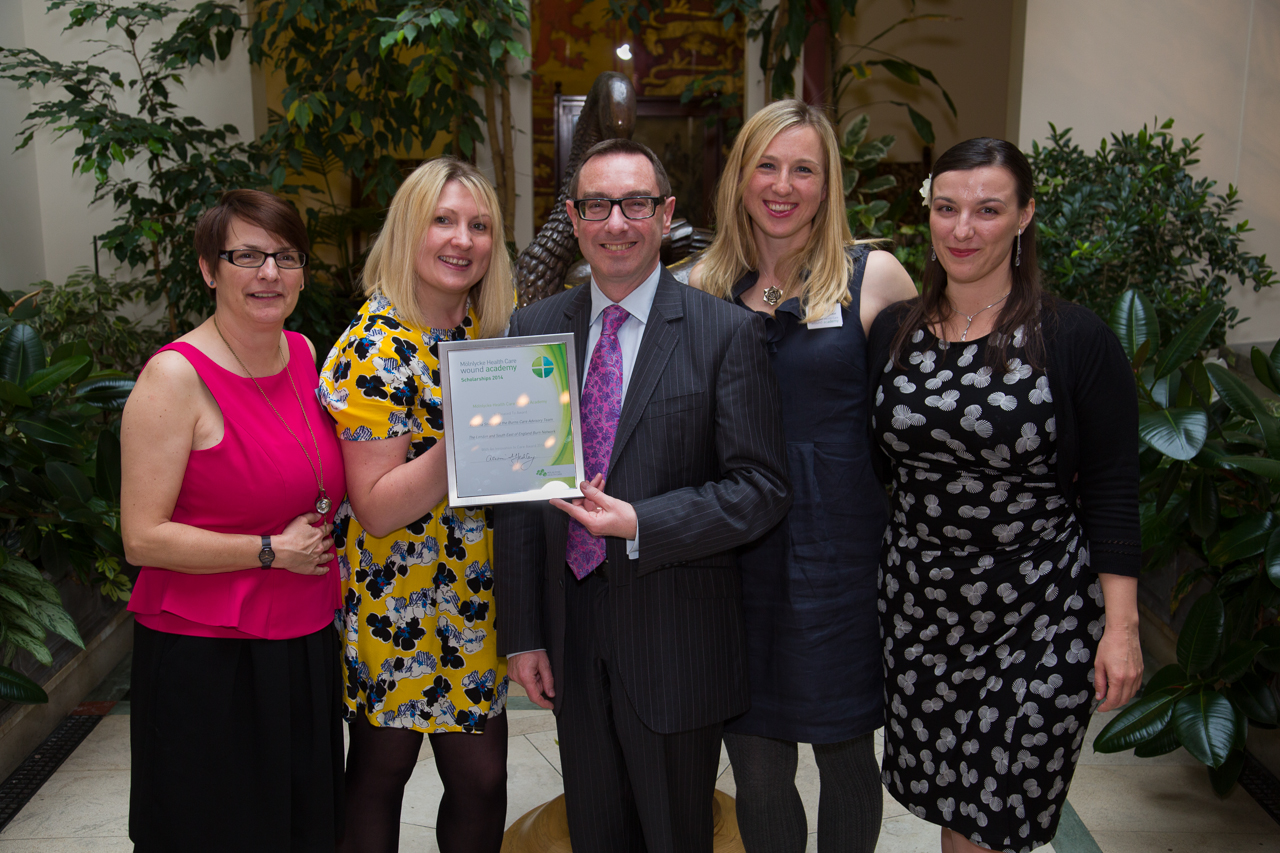
Patients with burns are initially treated by non-specialist clinicians and then referred to a specialist burns service. This delays definitive specialist treatment and may lead to inappropriate management of patients with burn injury. In this article, the winner of the 2014 Mölnlycke Burn Care Award, Krissie Stiles, on behalf of her team, Suzie Whiting, Karen Lambourne, Eva Daní?ková, outlines their approach to developing a regional burns care advisor network and the benefits it has realised.
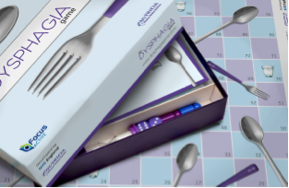
Patient safety and staff training are inseparable; harms are on the whole, avoidable and happen because the basic elements of observation, risk assessment and patient management are not applied. If staff are encouraged and allowed to make small beneficial improvements to care delivery then harm to patients can be reduced significantly. This article explores how playing clinical board games can facilitate learning and skill development.
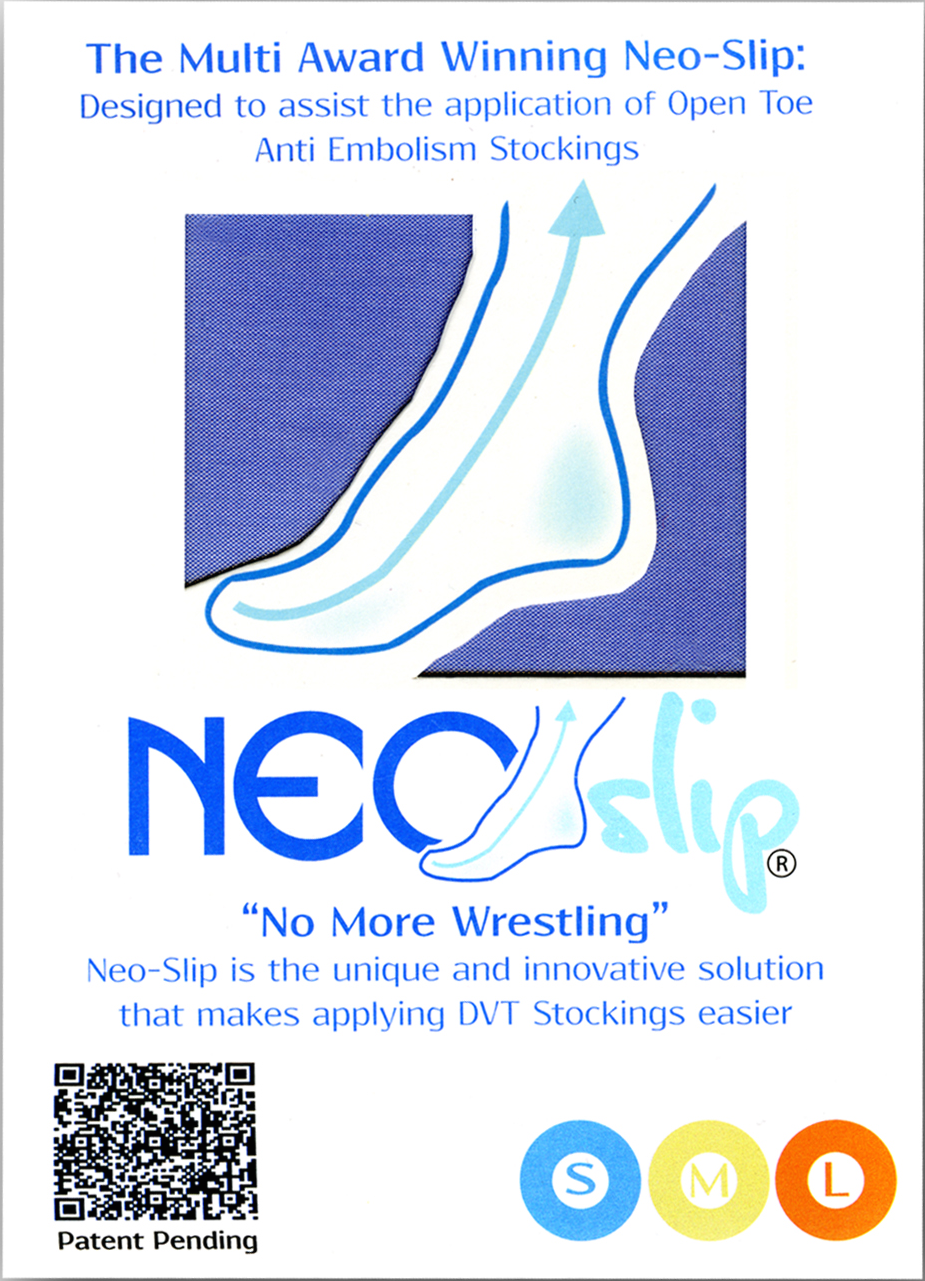
Neo-Slip is a revolutionary new product that has been designed to prevent Deep Vein Thrombosis (DVT). This anti-embolism stocking application aid is brainchild of a Registered Nurse, who as a student, had noticed health care professionals struggling to apply anti-embolism stockings.
The Lindsay Leg Club Model (LLC) was conceived as a unique partnership between the district nursing team and the local community, in which patients are empowered, through a sense of ownership to become stakeholders in their own treatment. This article gives a brief overview of the model, and concludes with a blog, written by David Foster Deputy Director of Nursing and Midwifery Advisor at the Department of Health, after his visit to Mottingham Leg Club.

During June, Viv Bennett and her colleagues at the Department of Health (DH) held a week of action Health Improvement and Health Promoting Practitioners. This involved visits to a number of clinical areas. Here, David Foster, Deputy Director of Nursing and Midwifery Advisor at the DH, has kindly agreed to share his blog with us as he reflects on his visit with Liz Alderton, a district nurse and Queen’s Nurse at the North East London NHS Foundation Trust.
District Nurse numbers continue to fall. Here, the RCN raises its concerns.

This month's selection of Tweets which caught our attention.
If you have any comments, opinions or would like to submit an article, please email, Tweet us or leave a comment on our Facebook page. We would love to hear from you.
The NMC has launched a consultation on rule changes which would enable nurses and midwives to pay their annual registration fee in installments. Would you rather?
There is a ground-swell of opinion (see RCN NI news and Booth's Opinion Piece) that patients who come to A & E as a result of abuse of drugs or alcohol, in the absence of a clinical problem, should pay a fee. Do you agree?

In issue 2, we featured Helen Mountford’s winning entry in the Mölnylcke Scholarship programme. Helen is a staff nurse at Acorns Children's Hospice. This article talks about the Acorns philosophy and approaches to care.